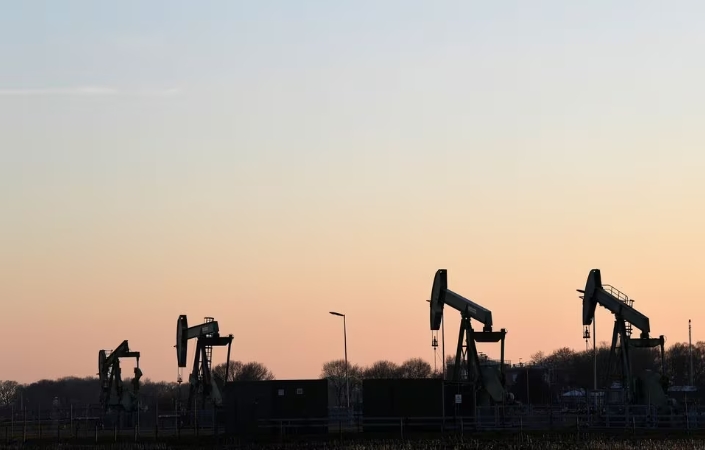
London-listed Harbour (HBR.L), the largest British North Sea oil and gas producer, has sought to expand beyond the United Kingdom after the government imposed a windfall tax on the sector following the spike in energy prices in 2022, pushing Harbour into a loss in the first half of this year.
Harbour shares closed 21% higher, while BASF's (BASFn.DE) stock ended the day flat.
The deal, expected to close in the fourth quarter of 2024, is the latest in a number of large oil and gas acquisitions in recent months including Exxon Mobil's (XOM.N) $60 billion deal for Pioneer Natural Resources (PXD.N) and Chevron's (CVX.N) $53 billion deal for Hess Corp (HES.N) in October.
It is the fourth major acquisition Harbour, and its predecessor Chrysaor, has done since 2017.
Harbour will continue to want to grow over time, CEO Linda Cook told Reuters.
"Scale is increasingly important in our sector. Not only for relevance with investors, but also to ensure access to diverse low-cost sources of capital," Cook said.
The assets being acquired include Wintershall Dea's (WINT.UL) upstream assets in Norway, Germany, Denmark, Argentina, Mexico, Egypt, Libya and Algeria, as well as the company's carbon capture and storage licences in Europe.
SCALING UP
Its Russian assets are excluded, Harbour said. Earlier this week, President Vladimir Putin ordered Wintershall Dea's stakes in Russian ventures be transferred to new Russian companies.
Its valuation based on Wintershall Dea's oil and gas reserves is virtually identical to Italian energy firm Eni's (ENI.MI) $4.9 billion acquisition of private equity-backed Neptune Energy in June, Jefferies analyst Mark Wilson said.
Upon completion of the deal, BASF, Wintershall Dea's majority owner, will own 46.5% of Harbour and will be entitled to nominate two non-executive directors to Harbour's board as part of the deal.
That stake could come down to 39.6% if LetterOne, the investment firm partially owned by Russian billionaire Mikhail Fridman, who is under Western sanctions, should convert around 251.5 million non-voting shares in Harbour into ordinary stock.
In that case, LetterOne would become a 14.9% shareholder of Harbour.
BASF will gradually exit the oil and gas business over time, its CFO Dirk Elvermann said in a statement. The German chemicals giant also said it was continuing preparing the sale of its 50.02% stake in WIGA Transport Beteiligungs-GmbH & Co KG, a joint venture with state-owned Sefe.
Harbour, meantime will take on $4.9 billion of existing euro-denominated Wintershall Dea bonds and will pay an additional $2.15 billion from Wintershall's cash flow, it said.
The combined group will have production of over 500,000 barrels of oil equivalent per day (boed), mainly from Norway and Argentina. Harbour expects to produce around 190,000 boed in 2023.